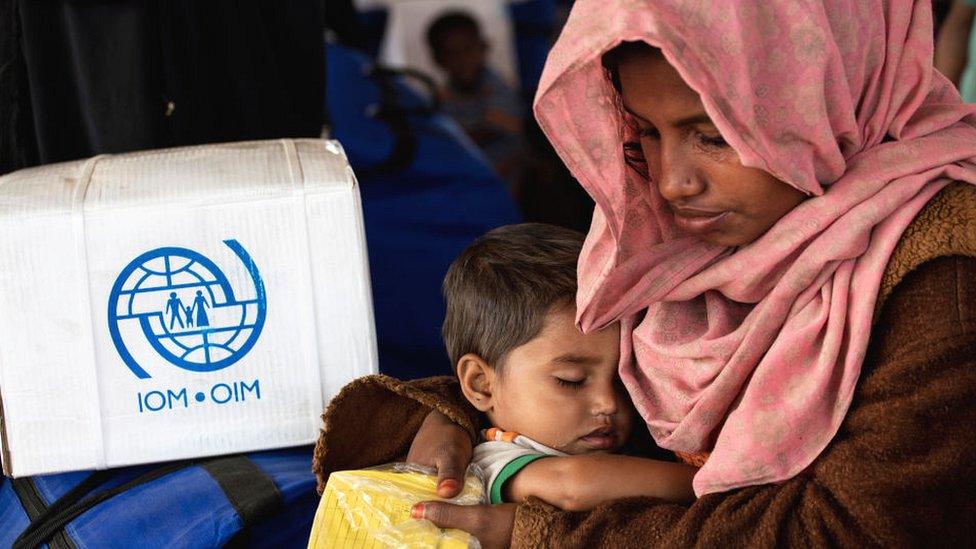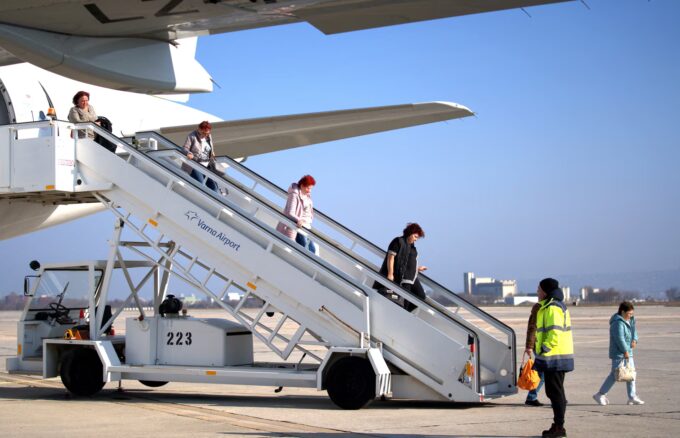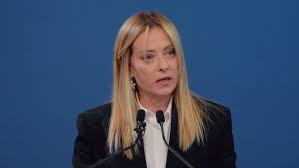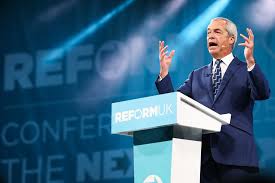The UK government’s recent decision to cut its foreign aid budget by 40% reducing spending from 0.5% to 0.3% of gross national income has sparked serious concerns about the future of critical development programs in Africa, particularly those supporting children’s education, women’s health, and water sanitation. This shift, prompted by increased pressure to raise defense spending to 2.5% in response to geopolitical alliances, notably with the United States, has drawn widespread criticism from humanitarian organizations and development experts.
According to an impact assessment released by the Foreign Office, the most significant reductions in aid this year will hit Africa hardest. Cuts to education, gender equity, and public health programs are expected to increase the risks of disease, malnutrition, and mortality in some of the world’s most vulnerable communities. Women and children in marginalized and conflict-prone regions such as South Sudan, Somalia, and Ethiopia stand to lose the most from these decisions.
The UK’s network of aid organizations, Bond, condemned the move, saying that the government was effectively “deprioritizing” areas that directly impact gender equality, access to education, and basic health services. Bond’s policy director, Gideon Rabinowitz, warned that the cuts send a troubling signal globally, especially at a time when other donor countries, such as the US, have scaled back their support for gender-focused programming.
Despite the sweeping reductions, the UK has pledged to maintain funding for certain multilateral institutions like the World Bank and the Gavi vaccine alliance. The International Development Association (IDA), the World Bank’s fund for low-income countries, will receive £1.98 billion from the UK over the next three years a move expected to benefit nearly 1.9 billion people worldwide. However, critics argue that maintaining these multilateral commitments cannot make up for the shortfalls in bilateral aid, which directly supports on-the-ground operations and community-level development in target countries.
Foreign aid has long been a contentious topic in UK politics. The 0.7% spending target was achieved in 2013 under Prime Minister David Cameron and enshrined in law in 2015. However, in the wake of the COVID-19 pandemic, the Conservative government reduced aid spending to 0.5%, citing economic pressures. The latest reduction to 0.3% represents a historic low in the UK’s commitment to international development since the target was first adopted.
Development Minister Baroness Chapman defended the changes, stating that the aid budget is being reshaped to reflect “a clear focus and priorities” and to ensure “every pound must work harder for UK taxpayers and the people we help around the world.” She added that the government had conducted a “line-by-line strategic review” aimed at maximizing impact, protecting live contracts, and responsibly exiting programs where necessary.
However, humanitarian leaders remain unconvinced. They argue that the UK’s retreat from global development leadership could not come at a worse time, especially with ongoing humanitarian crises in Gaza, Sudan, Ukraine, and the Horn of Africa. They warn that this pivot away from supporting gender, education, and health efforts particularly in Africa risks undoing decades of progress and could lead to a rise in preventable deaths, displacement, and instability.
As the UK shifts its priorities toward military strength and strategic alliances, the long-term humanitarian and geopolitical costs of slashing foreign aid may be far greater than anticipated, not only for the nations affected but also for the UK’s global standing as a development leader.














Leave a comment